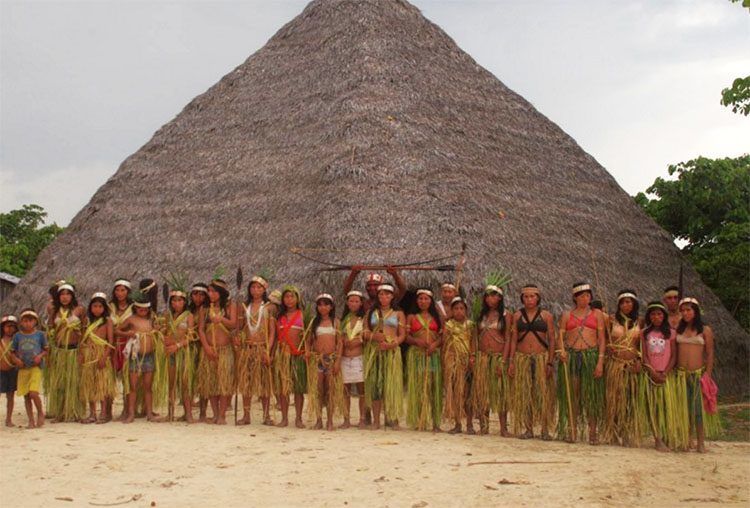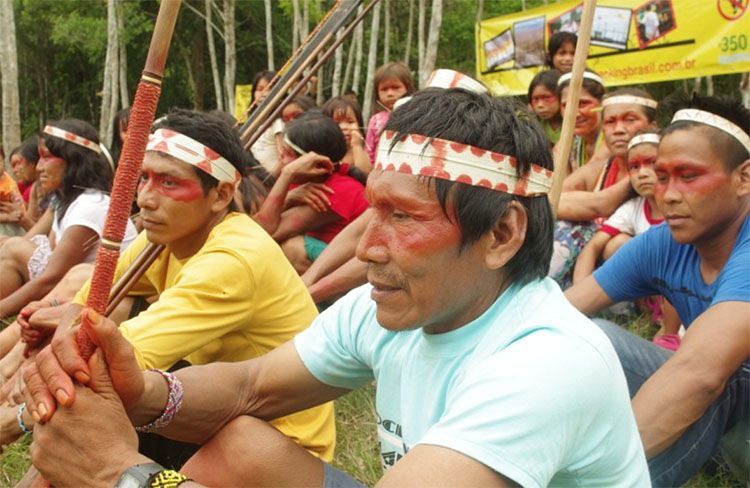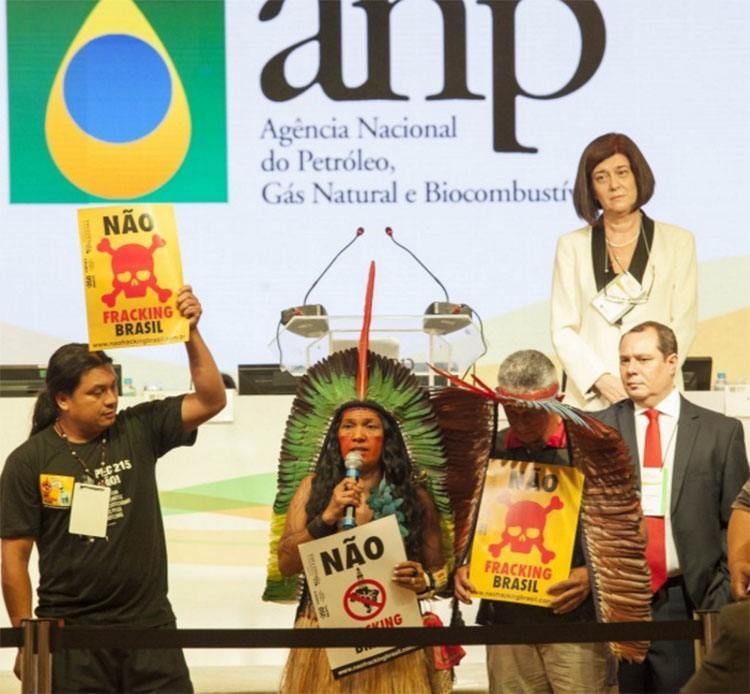

Last December, the anti-fracking movement celebrated an important victory in Brazil. A federal judge in the city of Cruzeiro do Sul, State of Acre, ordered the suspension and cancellation of all oil and gas exploration activities, including fracking, in Juruá Valley, a region recognized as the most important stronghold of the last uncontacted indigenous peoples in the planet.
The following photo series was made during a visit activists from the Não Fracking Brasil campaign made to the Juruá Valley in 2015 to share with indigenous and non-indigenous people the risks that fracking represents to their traditional way of life and the environment they rely on to thrive.
The judge’s decision concludes the Public Civil Action initiated last October against the Brazilian Federal Government, IBAMA (Brazilian Institute of Environment), ANP (National Petroleum and Gas Agency) and PETROBRAS, one of many legal battles brought about by the efforts of the Não Fracking Brasil Campaign. This ruling also clears all the projects already implemented and in operation, ensuring the preservation of the environment and security of indigenous peoples and the region’s population.

 233k
233k  41k
41k  Subscribe
Subscribe 



